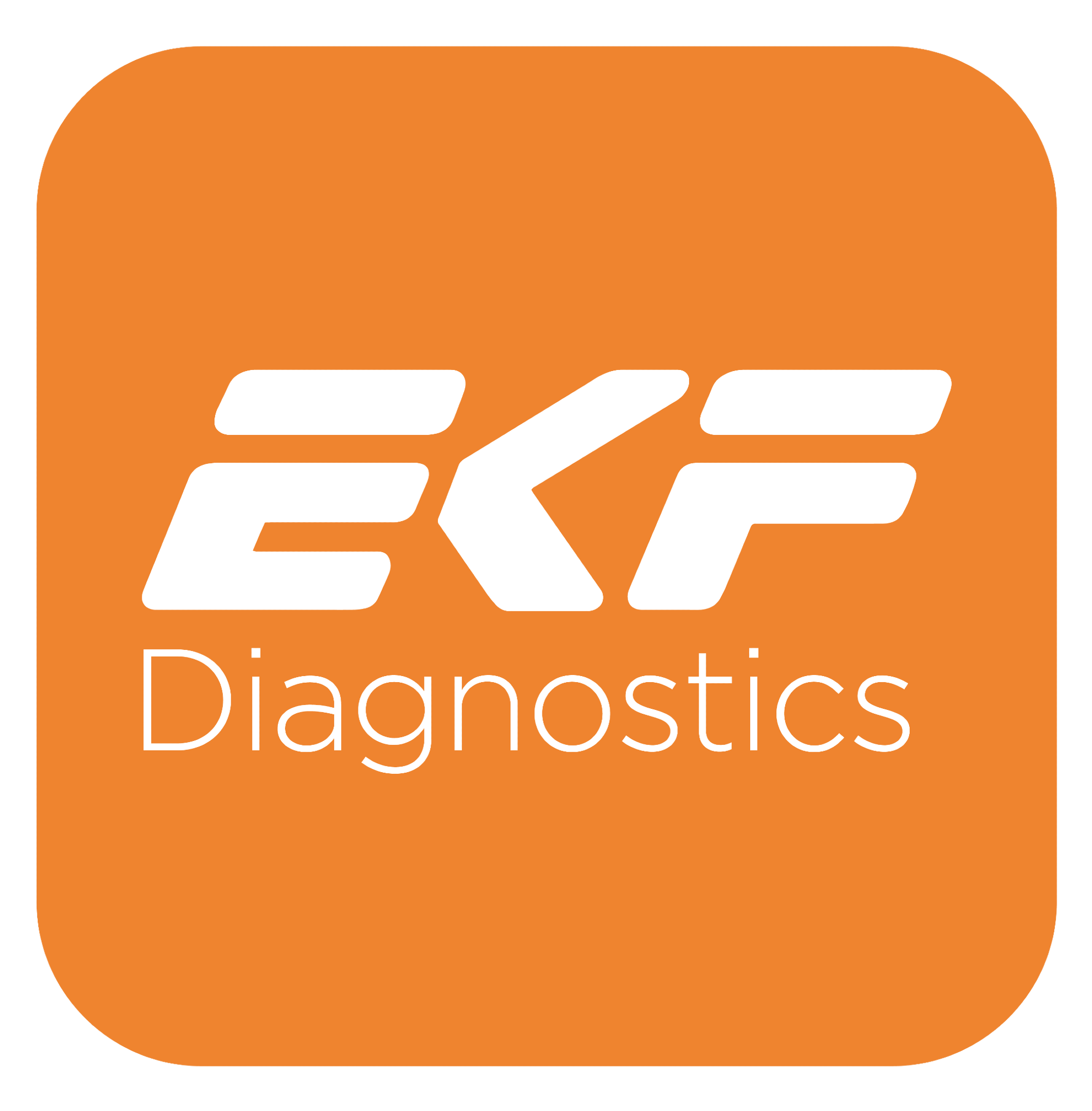
Image Credit: EKF Diagnostics
Lactate measurements already have many uses but are still playing an increasingly important role in healthcare.
With typical levels of approximately 2 mM/mL, lactate is a by-product of energy used in the body. Stress is indicated when lactate levels are elevated. As such, further clinical investigation of the patient is required to determine why the lactate level is elevated.
Lactate and Obstetrics
There are several complications that may occur for the mother or the child during birth. These complications may result in decreased oxygenation of the foetus and/or prolonged pain and injury to the mother. One diagnostic tool for a safe birth is to closely monitor both the mother and the foetus for lactate levels.
Cord Blood Lactate (CBL)
The acid–base balance of the infant at birth can be indicated through umbilical cord blood lactate. In all high‐risk deliveries it is recommended that this measurement is routinely performed. Perinatal outcome can be predicted through cord blood lactate (CBL) and, as such, clinicians will take immediate action if lactate levels are elevated.
Fetal Scalp Lactate (FSL)
One simple test that requires a small amount of blood to monitor the foetal distress during birth is the foetal scalp lactate (FSL) test. In comparison with high blood volume pH testing, significantly fewer failures in sampling have been reported with lactate analysis and no differences in short term neonatal outcome have been reported.
Emergency Medicine and Critical Care
Sepsis, shock and trauma are amongst the most common and most serious causes for hyperlactatemia in critically ill patients. The prediction of mortality, post-surgery infection and multi-organ failure has been demonstrably improved through taking pre-admission measurements of lactate.
Lactate and Cardio Training, Weight Reduction and Fitness
There are many benefits for health and well-being as a result of regular endurance exercise including lower systolic and diastolic blood pressure, improved insulin sensitivity and lower HbA1c levels, lower triglycerides and increased HDL-cholesterol.
Insulin sensitivity can actually increase with regular power exercise. Under long-term aerobic conditions the maximal fat oxidation rate is reached, as free fatty acids are used as the energy source unlike with anaerobic conditions where carbohydrates are mainly used for generating energy.
The shift from aerobic (oxygen dependent) to complementary anaerobic (non-oxygen dependent) metabolism is revealed through taking lactate measurements during step tests. Training intensities and conditions to achieve optimal fitness and weight reduction can be defined through this information on the ‘anaerobic threshold’.
What’s more, safe and efficient training can be supported through lactate testing avoiding critical over-exhaustion.
About EKF Diagnostics
EKF Diagnostics is a global medical diagnostics business with a long history in point-of-care testing and central laboratory manufacturing. Our products have a hard earned reputation for ease of use, reliability and accuracy.
Our core focus is the Point of Care market with over 80,000 haemoglobin, A1c, glucose and lactate analyzers in regular use in more than 100 countries running more than 50m tests every year.
Our range of HbA1c analyzers and glucose analyzers are used in GP surgeries, sports clinics, and diabetes clinics. They deliver fast and reliable results that provide both practitioner and patient with the information they need to make clinical or lifestyle decisions in minutes.
EKF Diagnostics offer the largest range of hemoglobin and hematocrit analyzers on the market, giving physicians and specialists a choice of product with different methodology, measurement speed, connectivity and price options. Our aim is to make blood donation and anaemia screening easier, more affordable and more accessible than ever before.
The EKF Maternal & Women’s Health Point of Care range aims to improve healthcare outcomes for women and children by providing physicians with a suite of products covering pregnancy testing, anaemia screening, fetal scalp lactate testing and post birth creamatocrit measurement.
EKF Diagnostics is also a global manufacturer of central laboratory products including Stanbio Chemistry reagents, benchtop laboratory analyzers, rapid tests and centrifuges. Our chemistry reagents can be used on the majority of analyzers found in hospital laboratories around the world.
The ordinary shares of EKF Diagnostics Holdings plc are traded on the AIM market of the London Stock Exchange.
Sponsored Content Policy: News-Medical.net publishes articles and related content that may be derived from sources where we have existing commercial relationships, provided such content adds value to the core editorial ethos of News-Medical.Net which is to educate and inform site visitors interested in medical research, science, medical devices and treatments.